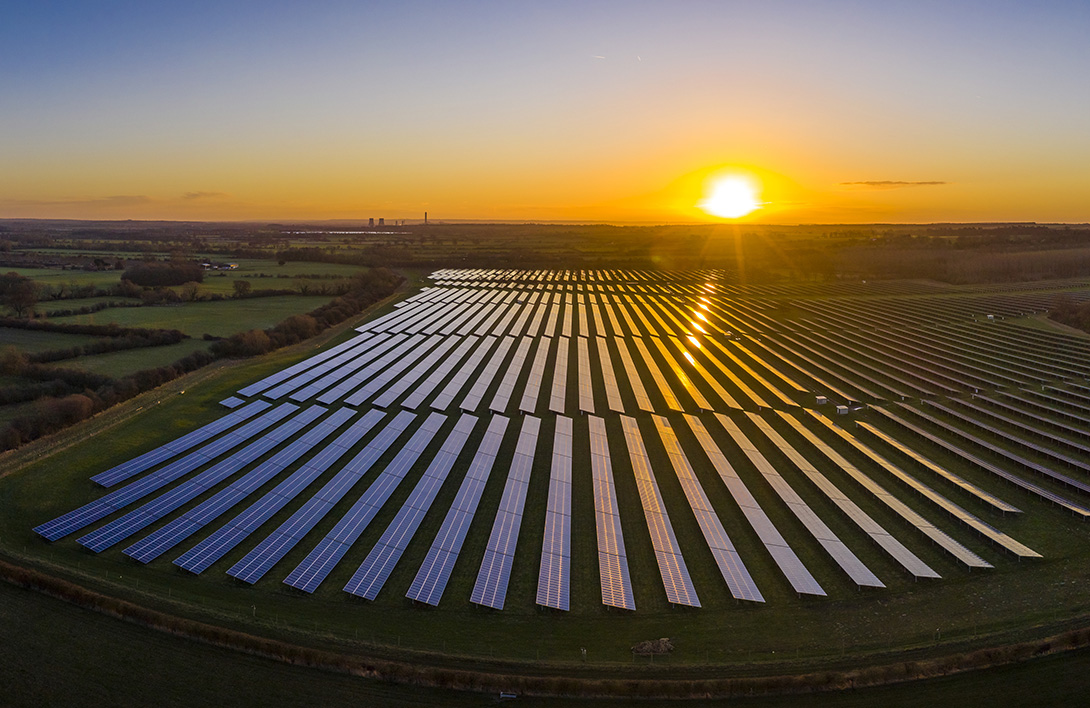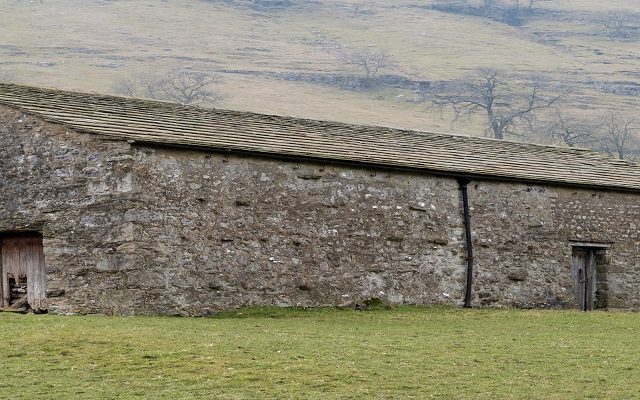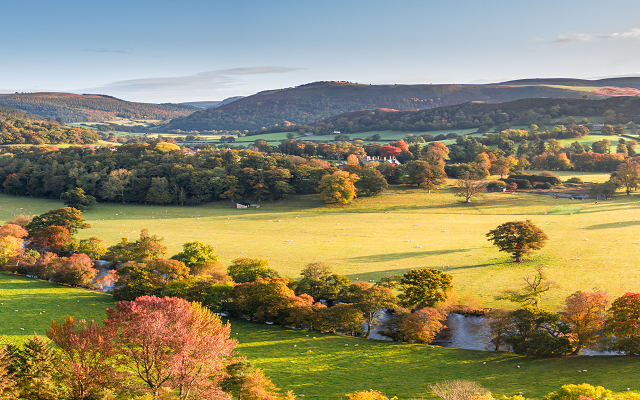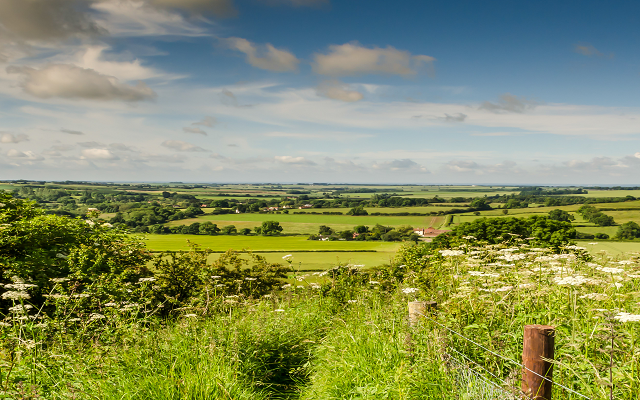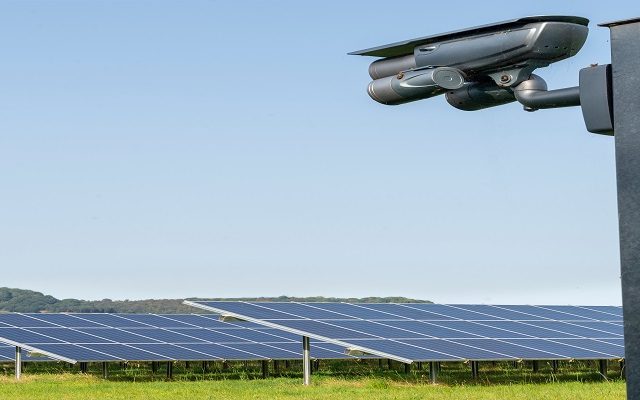Renewable energy update: Where next for landowners?
Ten years after the introduction of the government’s flagship Feed-in Tariff, renewable energy subsidies may have almost disappeared, but the sector is entering a new era promising opportunities for farmers and landowners.
Green energy technology has advanced greatly over the past decade, costs in many areas have fallen considerably, and political pressure to decarbonise our economy has never been greater.
Indeed, the government’s commitment in the Climate Change Act to cut greenhouse gas emissions by 80% (on 1990 levels) by 2050 is a colossal challenge that will create opportunities, from green energy generation to carbon capture and storage.
While much policy is still to be decided, the sector continues to evolve. Developers of large-scale (40-50MW) solar farms remain particularly active, looking to secure sites of 150-200 acres on long-term agreements for rents of typically £800-1,000/acre.
It’s worth pushing for additional payments linked to site turnover and check the details of any offer, utilising professional advice, before signing land over.
Grid connection remains a major barrier to new energy generation, regardless of technology, so landowners with a suitable site are in a strong bargaining position.
Smaller-scale solar installations, such as roof or ground-mounted panels, are still worthwhile options at installation costs of around £600-700/kW for a commercial rooftop scheme. Prices for smaller domestic arrays are typically 15-20% higher.
But without FiT support and relatively low prices for electricity exported to the grid (around 5p/kWh), payback is likely to take longer and successful projects must maximise onsite electricity use to offset purchased supplies costing 12-13p/kWh.
This may mean changes to business practices, routines or equipment to match energy demands closer to peak generation, or installation of battery storage. Currently, battery systems are expensive, so it could be several years before they are financially viable for the typical farmer.
There is also uncertainty about the development of industrial-scale (20MW) battery systems used for ‘grid balancing’. Recent years have seen developers eager to lease sites for £20-30,000/acre, however costs have not fallen as much as hoped and the suspension of the Capacity Market halted many schemes, with future prospects unclear.
Electricity demand is steadily increasing though, especially as electric vehicles become more commonplace. Car technology has advanced quicker than the charging infrastructure, but this will change. Landowners close to main roads, or with public facilities, such as a farmshop, may be well placed to capitalise.
The need to decarbonise heat presents further opportunities, although the practicalities are arguably more challenging than for electricity, as the technology is often more complex and the Renewable Heat Incentive (RHI) support scheme closes on 31 March 2021.
There is just a narrow window to implement new heat generation schemes, such as solar thermal, biomass boilers or ground/air-source heating, to qualify for this valuable support.
Biomass boilers remain a good, proven technology suited to landowners with woodland and a ready supply of timber. Conduct thorough costings first though, especially if buying-in wood pellets, chip, or logs, as timber prices have risen considerably, increasing the payback period.
As with solar, maximising on-site consumption to reduce heating costs is key.
Of course, it is generally cheaper to save energy than generate it, so energy efficiency is important. Before any new investment, assess energy use across the whole farm or estate, to identify potential savings, particularly in older properties.
This article first appeared in the Spring/Summer 2020 issue of Land Business. For more download the full Land Business Spring/Summer 2020 publication.
